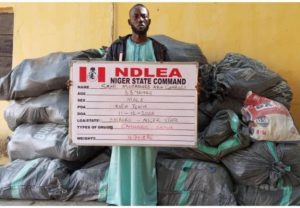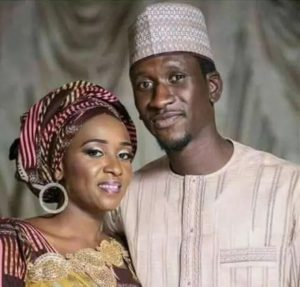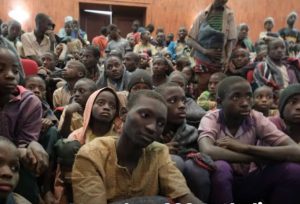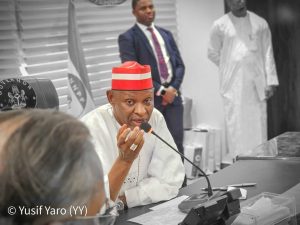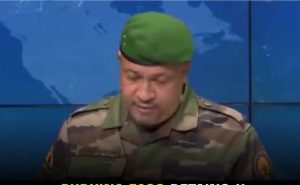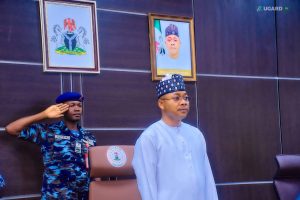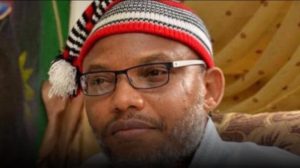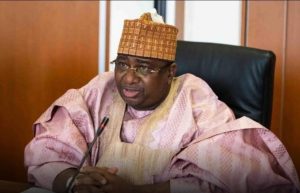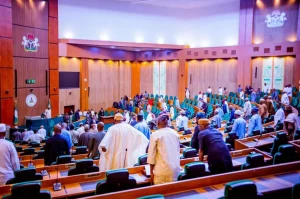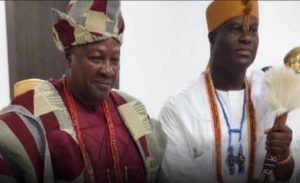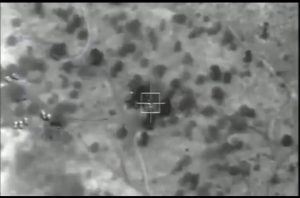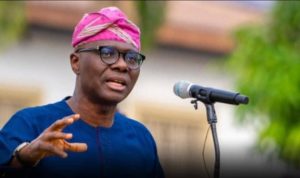By Damilare Adeleye
Popular Kaduna-based Islamic cleric, Sheikh Gumi, has stated that operatives of Nigeria Police and government officials always go with him to negotiate with bandits to broker peace for the country.

He added that traditional institutions and state government officials were often in his accompany to local terrorists’ hideouts.
The Islamic cleric made this known while addressing issues of banditry and terrorism in the country.
He said, “One thing Nigerians should understand is that I have never been to any den of these people without officials of the government. I go with the police because one cannot go alone; you must go with them.
“Only that they will tell you there is a perimeter—don’t come with some of them. Sometimes, I also go with traditional institutions and state government officials. My plan is only to broker peace with them. They open their doors for us to sit and discuss issues.”
When asked why spate of killing continues in the northern region despite the billions of naira government has spent to ensure security, he blamed the government for not resolving the root of insecurity.
In his words, “No matter how many expensive drugs you give to patients, if they are not the right drugs, they will not get cured. In fact, the drug needed may be very cheap, but you may be giving an expensive drug that is ineffective for the ailment. In this case, there is a need to diagnose what the problem is, especially among the youth. We must understand that these individuals are all young, whether they are Boko Haram or bandits; you will never see an old man among them.
“There is a social reason associated with all these disturbances, and there is also a lack of respect for leadership. The Federal Government must look at the root cause of this problem and start to apply the right formula to solve it. Spending trillions on ammunition and militarisation when the problem is social will yield no results. This will only compound the issue, leading people to become radicalised and turn to militancy.
When asked why the government should not have radicalised bandits and Boko Haram, the cleric said, “Well, it is not the government that started it. A long time ago, when the conflict was a social or ethnic problem, they used the military to quell or suppress it. It is not suppressible.
“When a society is neglected until it becomes harmful, like the military, the next line of action is dialogue—to sit down with them, especially when they express a desire for dialogue. For instance, I have been there, I have seen them, I have talked to them, and they said they want dialogue. Why does the Federal Government emphasise the kinetic approach when the people say they want dialogue? If they do not want dialogue, that is a different issue. Then the government should come out with the armament. Another thing is that our military is doing very well. It is overstretched from Maiduguri to Sokoto, from Sokoto to Lagos, and from Lagos to all parts of the country.
“It is not just about the military; it can be the police. What we have to do is downsise the military, expand the police force, and empower them. It is really useless when we spend our money on modern gadgets, intelligence gathering, and all that; we are going astray. The military is a fire engine. It is a fire-for-fire approach. These people they are fighting are guerrillas. Using the military to fight a guerrilla war is like punishing the military. We have seen that in Afghanistan; now Israelis are fighting guerrillas in Gaza and are facing serious consequences for doing that. The military is not designed to fight guerrillas. It is just like using a hammer to kill flies. One will destroy the house. The design of the military is not for this job. We have to empower the police, enhance intelligence gathering, and, more importantly, empower the people themselves. The trillions the government has spent on social welfare and amenities do not even need to be agitated for. This is all agitation. When people don’t see justice, they take justice into their own hands.
Asked how it was possible for him to find bandits, he said, “People should not talk like that. This is unintelligent. For instance, if you are in Lagos or Ogun State and you have access to see people, do you ask how you have access to them? These people are Nigerians; we can trace them through their relatives and all that easily.
“When one approaches them as a negotiator or a preacher, they open their hearts. So, they can be approached and convinced. The question is: Why is the government not taking that course? Well, I can say the present government has learned from the legacy of the past. The only thing I think is lacking here is that the talking is too much. If you stand on the right side, then we will get results.
“So far, you’ve said there’s a need for the Federal Government to empower and educate them. Meanwhile, do you agree that the motive of these terrorists is towards the Islamisation of Nigeria? Before the herdsmen became bandits, they were fighting an ethnic war. They respect the government as an authority and have said that the problem is vigilante groups. The vigilantes started killing and massacring them; they had no peace, and that was their grievance. If there can be one vigilante group and a state police or local government police, some of them should be incorporated to have a balance. Nobody is saying anything about that, and everyone is doing their own business. Now we are all suffering.”
He added, “I am in the eye of the storm, and I am a full-fledged Nigerian. I also have an interest in peace and tranquillity. I cannot wait for the official narrative because I have been in the army and I know how things go.
“Today, 90 per cent of our intelligence is garbage. What we have left is just about 10 per cent. That is why we have coups because intelligence does not have a way to identify these people. They also killed their leaders because no intelligence picked them up. Can we wait until we get a government that understands, then, we can make plans to intervene and see if it can calm nerves to achieve peace. No, as individuals, we have to do our best. Then I can advise the government on what we have seen.”







